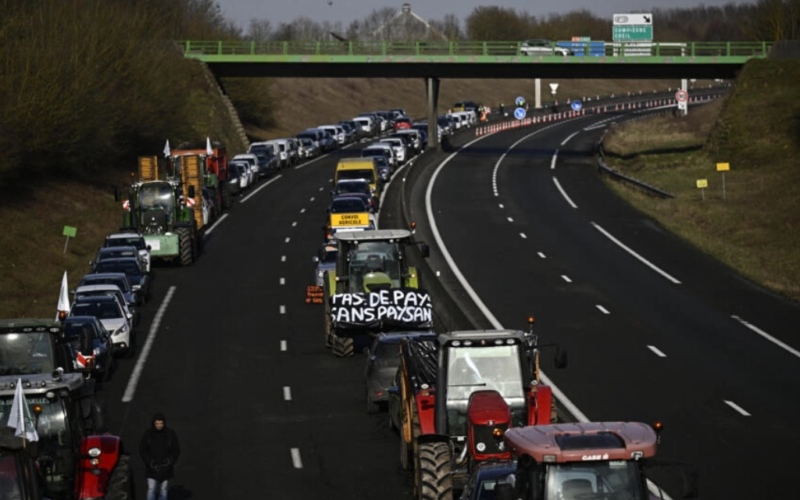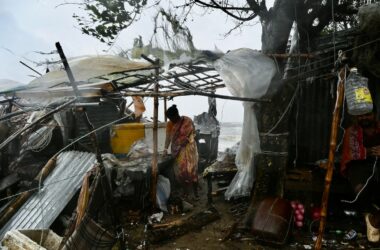In response to the ongoing protests and roadblocks staged by disgruntled farmers, Prime Minister Gabriel Attal of France declared a set of new measures aimed at alleviating the concerns of the agricultural community. The primary focus of these initiatives revolves around reinforcing France’s commitment to achieving self-reliance in food production and implementing stringent controls on imports. This announcement marks a significant shift in policy as the government seeks to address the farmers’ grievances and restore tranquility in the agricultural sector.
During a press conference, Prime Minister Attal underscored the government’s dedication to enshrine in law the principle of food self-sufficiency. He emphasized the need for France to be self-reliant in every aspect of food production, from cultivation to harvesting, with plans to codify this sovereignty objective into legislation. The move is a strategic response to the prolonged unrest witnessed across the country, where farmers have disrupted transportation and erected numerous roadblocks for over two weeks.
One notable aspect of Attal’s agenda is the commitment to cease imposing regulations on French farmers that exceed those mandated by European Union standards. The prime minister clarified that the government would align its regulations with EU norms, aiming to provide a more equitable regulatory framework for French farmers compared to their European counterparts.
In a decisive stance against the Mercosur trade deal with Latin American countries, Attal affirmed that France would not accept such an agreement. This decision aligns with the broader goal of safeguarding the interests of French farmers and preserving the integrity of the nation’s agricultural sector, which stands as the largest in Europe.
Furthermore, the government intends to strengthen safety measures on food imports, with a particular emphasis on scrutinizing imported products for traces of pesticides prohibited in France and the EU. Attal highlighted the discontinuation of surpassing EU regulations on pesticides, emphasizing that decisions on such matters should be coordinated at the EU level.
A pivotal move in this direction is the immediate ban on the import of fruits and vegetables treated with Bayer’s Thiacloprid pesticide. This decision stems from concerns raised by the European Food Safety Agency regarding the adverse effects of Thiacloprid on insects, bees, bumblebees, and its potential toxicity to humans. The government aims to address these environmental and health concerns by taking a proactive stance on pesticide regulation.
Finance Minister Bruno Le Maire added that the government would conduct an evaluation of the effectiveness of existing laws governing fair food prices and the annual negotiations with retailers. The objective is to ensure that farmers receive fair compensation and are shielded from undue pressure during contract negotiations with supermarkets. The ongoing blockades at retailers’ distribution centers underscore the urgency of addressing these issues.
While Agriculture Minister Marc Fesneau acknowledged the destabilizing impact of opening European markets to Ukrainian agricultural products, no new measures were announced on this front. Fesneau highlighted the need to prioritize mutual interests between France and Ukraine, without specifying additional actions.
Despite Prime Minister Attal’s earlier attempts to assuage farmer concerns with a preliminary set of measures, farmers’ unions deemed them insufficient, leading to a continued protest with tractors blocking motorways throughout France. Simultaneously, farmers in Brussels expressed their discontent during an EU summit, symbolized by setting fire to garbage and toppling a statue in the European quarter. The unfolding developments underscore the complexity of addressing the multifaceted challenges facing the French agricultural sector.








